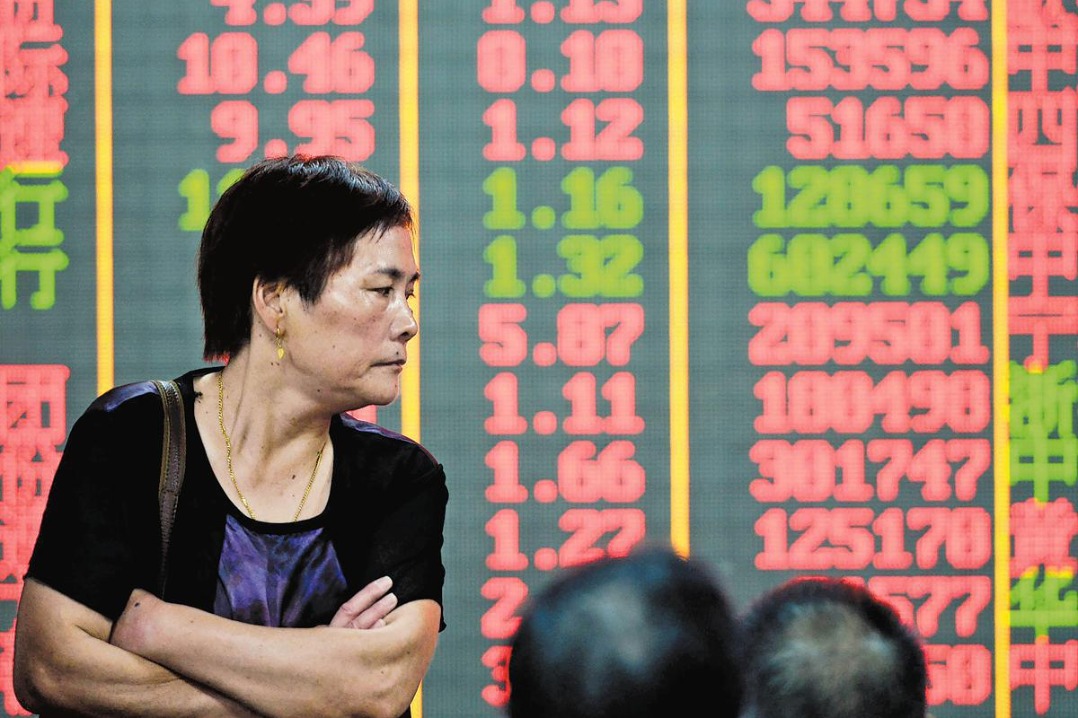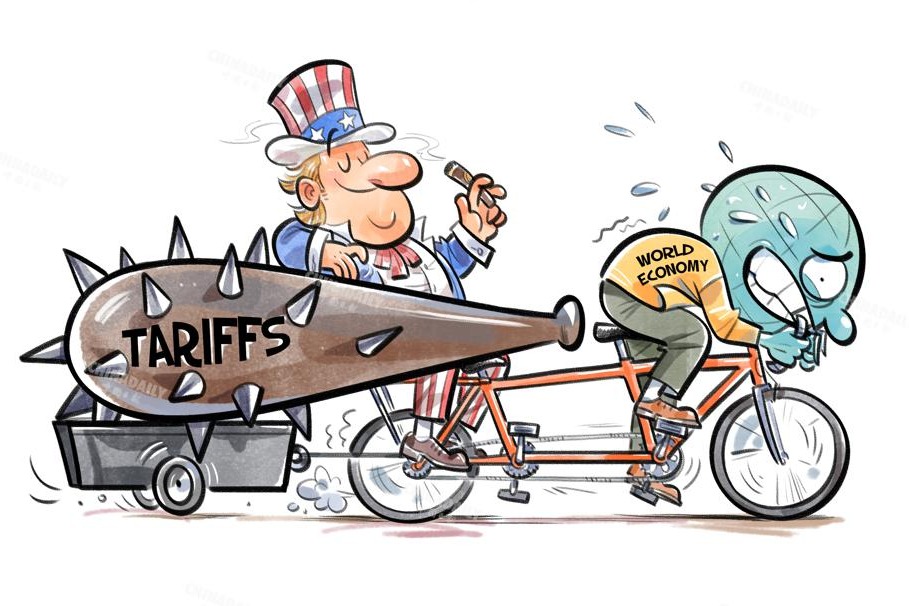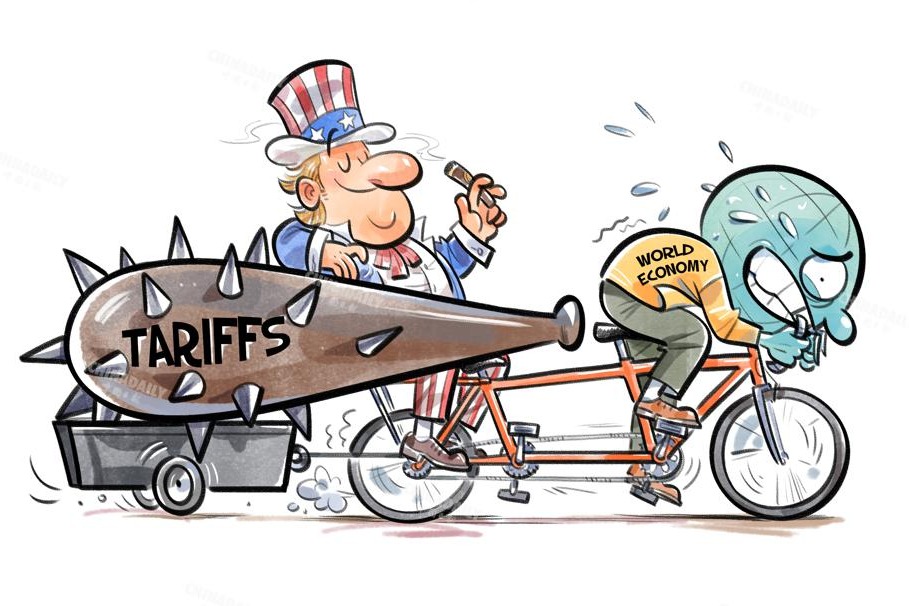Ignorant, disrespectful rhetoric shows cause of difficult relations


It is highly unlikely that US Vice-President JD Vance, who himself hails from a working-class background in the United States' rust belt, was unaware that the term "peasants", which he used to describe Chinese people on a Fox News Show, has derogatory connotations. As someone on a social networking site pointed out, it comes from "someone who has used his 'American peasant' roots to craft his political image".
Anyone who has read his book Hillbilly Elegy: A Memoir of a Family and Culture in Crisis will know how Vance faced poverty and hardships in life but rose to the top by virtue of his grit and determination. A famous quote from his book, "What separates the successful from the unsuccessful are the expectations that they had for their own lives", still resonates with many US citizens.
If Vance intended to belittle Chinese people by calling them "peasants", then he was simultaneously belittling himself, his supporters, and his own humble beginnings. In fact, Vance seems to have a limited understanding of the Chinese people. He told Fox News Show: "We borrow money from Chinese peasants to buy the things those Chinese peasants manufacture." The notion is definitely not rooted in serious academic research or verified statistics, but borrowed from an online discourse.
Looking at the entire program, one can say that Vance's prejudiced perception of China is shaped by these populist social media narratives. Or, it could even be a deliberate strategy to appeal to his most loyal supporters.
According to Mallie Prytherch, a researcher at the Centre on Contemporary China and the World at the University of Hong Kong, during his time in the Senate, Vance has authored only one bill related to China, to restrict the Chinese government's access to US capital markets and stock exchanges "if it fails to comply with international laws in areas such as finance, trade, and commerce".
Prytherch also found that while Vance has cosponsored a few more bills concerning China, most of those were just symbolic in nature, garnered minimal support, were unlikely to pass, and serve more as political gestures than serious legislative initiatives. Furthermore, nearly all of these bills are limited to economic issues.
One wonders how a vice-president with such a shallow understanding of China, and whose only participation in US-China affairs has been economic in scope, could possibly help shape a realistic or effective China policy.
In today's world of complex international relations, allowing a political leader with limited knowledge of China to speak casually or even shape policy toward it is, without question, both unwise and dangerous.
Since World War II, US-China ties have improved whenever individuals with a deep understanding of China have held a position of influence in Washington. As the 56th US secretary of state, Henry Kissinger helped orchestrate the historic thawing of relations between the US and China — an event that significantly altered the course of global geopolitics. His knowledge of China was such that he later authored a book, On China, a comprehensive analysis of the country's history, culture, and politics.
Of course, it would be unrealistic to expect every senior US official to be an expert on China. However, that should not stop them from consulting the best minds in the country before issuing public statements or crafting policies on China. Otherwise, a single misguided comment or ill-informed policy could spark a controversy or jeopardize bilateral ties, damaging the interests of both countries.
No wonder the Foreign Ministry spokesperson Lin Jian said of Vance's "peasant" rhetoric: "It was surprising and sad to hear such ignorant and disrespectful remarks from the US vice-president."
































